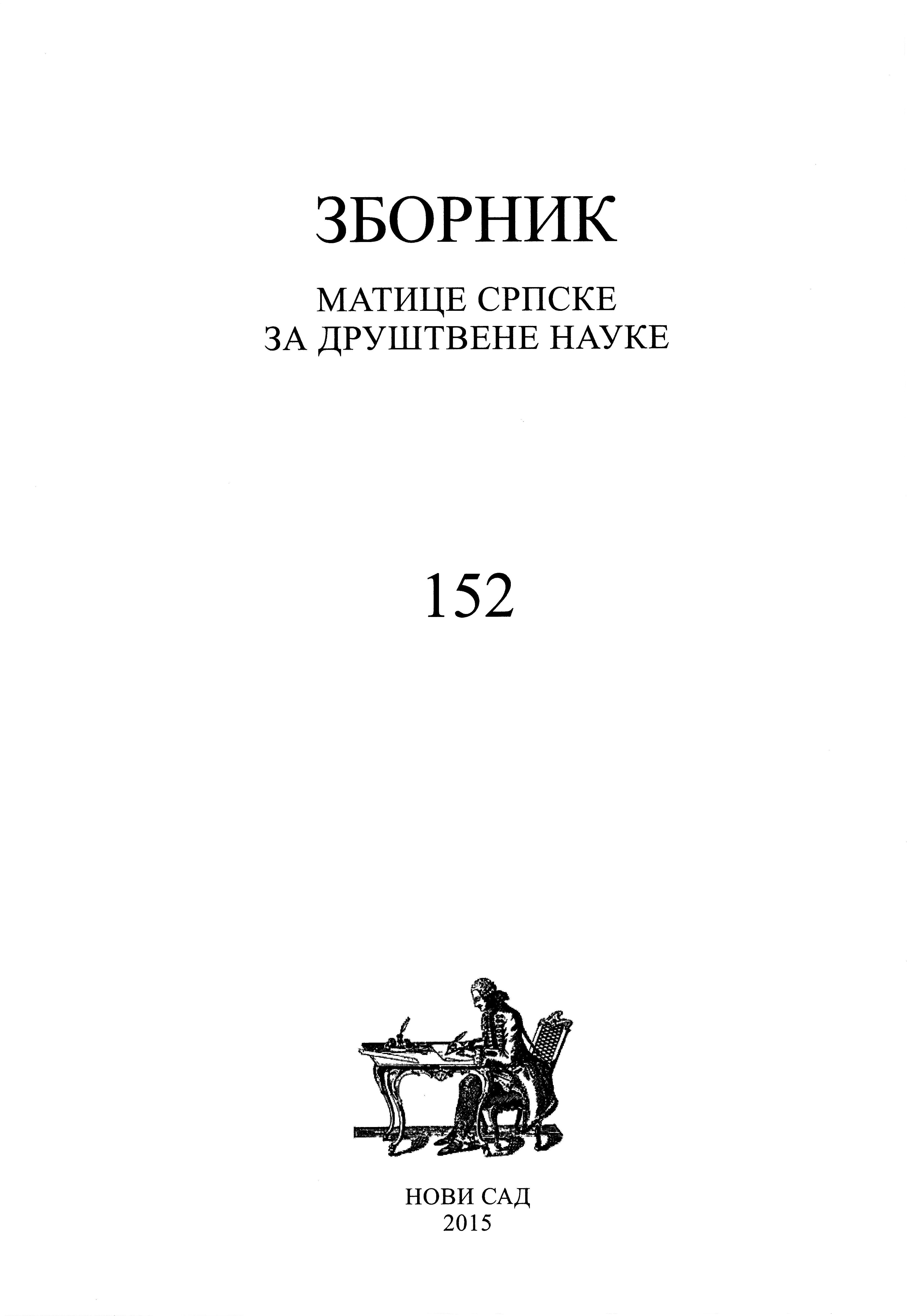Један модел креирања историјске свести: Руска академија и Варјашко питање
A Form of Creating Historical Consciousness: The Russian Academy and Varangian Question
Author(s): Đorđe ĐurićSubject(s): Cultural history, 18th Century, Philosophy of History
Published by: Матица српска
Keywords: Historical consciousness; Russian Academy of Sciences; Varangian question; Gottlieb Siegfried Bayer; History of the 18th century; August Ludwig von Schlözer; Norman theory; Mikhail Vasilyevich Lomonos
Summary/Abstract: The establishment of the Academy of Sciences in St. Petersburg gave a great impetus to the development of historiography in Russia, and likewise to the development of other sciences. The idea of establishing the Academy of Sciences in Russia came from Peter the Great. Because there did not exist a system of higher education or a university in Russia at that time, scientists who were to become the first members of the Academy, had to be brought in from abroad. The enlightened ruler did not regret spending effort and money for this purpose. Large sums of money were assigned to the purchase of books and to the salaries and awards of the future members of the Academy. The Academy started its activities in December 1725, and during the first few decades it was led by scientists from abroad, mainly from German countries. That was also the case with the Humanities Section, which, among other things, supposed to deal with Russian history. The bases for work at the Russian Academy in St. Petersburg in the following decades were set by: Gottlieb Siegfried Bayer, Gerhard Friedrich Müller and August Ludwig von Schlözer. On the bases of the Russian historical material that they collected, primarily Nestorov letopis (Nestor’s chronicle) that describes the events of the 9th century, they came to far-reaching conclusions about the origin of the Russian people and the establishment of the Russian state and its institutions. This way was opened the so called Varangian question and formulated Norman theory of the origin of the Russians. In the first half of the 18th century, Russian historian Vasily Nikitich Tatishchev, academician Mikhail Vasilyevich Lomonosov and other Russian scientists opposed to these theories. During the 19th century, these theories were accepted, with certain modifications, by the most distinguished Russian bourgeois historians Karamzin, Soloviev, Pagodin and others. The Bolsheviks mostly rejected these theories or they were simplified and reduced to the social segment that the Russian people were oppressed, and that the majority the oppressor elite was of foreign origin. As is the case with the interpretations of many historical events and processes, the conclusions related to the Varangian question and Norman theory were widely influenced by the time in which the author wrote, and by his political and ideological attitudes. That was perhaps more pronounced in this case, because it was the question of the origin and ethnogenesis of the Russian people and the establishment of the Russian state and its institutions.
Journal: Зборник Матице српске за друштвене науке
- Issue Year: 2015
- Issue No: 152
- Page Range: 471-486
- Page Count: 16
- Language: Serbian

